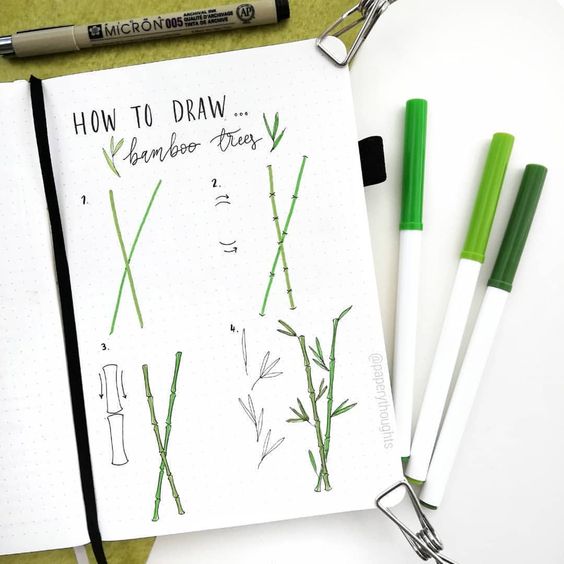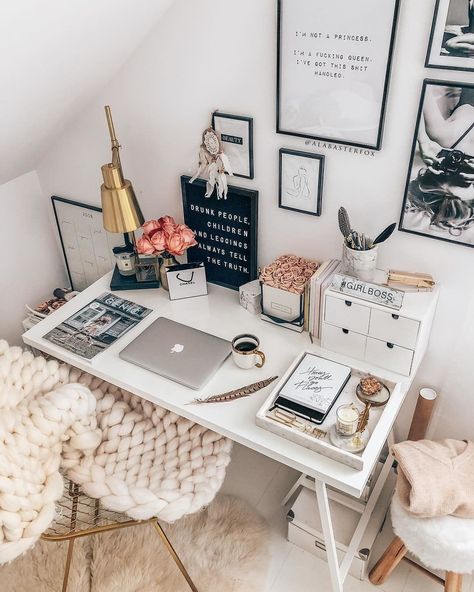Everyone gets stressed out sometimes, but what if you don’t know how to handle it when it gets overwhelming? Here are nine simple tips to relieve your stress and regain your composure:
1. Take a nap
Taking naps gives your body a good break from work, it gives your brain a chance to process everyday information, and maybe you also dream of escaping reality for a bit. To get the most out of your nap, grab your favorite blanket, your softest pillow, spray your bed with a relaxing spray, and make sure you’re not wearing tight clothes when napping during the day. Also try to manage enough sleep at night. This may seem impossible during exam season, but in this case, try to plan your study hours so that you get at least 6 hours of sleep per night.
2. Meditation
To give your mind a good rest, meditation helps. If you’ve never meditated before, it’s best to start with five-minute guided meditations. These videos are great for focusing on your breathing for a while.
If you don’t want to watch videos to meditate, you can also use an app. Oak is a little known but recommendable application. You can have it here. Oak offers a variety of meditation classes you can take, and they’re great for beginners.
If you meditate, it is best to do so in the evening or just after getting up.

3. Coming into contact with water
What you can do:
1) Take a shower, and if possible use lukewarm water which is the most refreshing. If you have tightness in your muscles, try hot water. This will help relieve that tension. In summer, the cold water helps you cool down and relax.
2) Take a warm, comfortable bath. It will help you calm down and have a peaceful time. When you take a bath, put on some music, read a book, light scented candles, use essential oils, or let a bath bomb bubble up in the water, which will make the experience that much more fun.
3) Give your feet a cold bath: This will wake you up and if you have a headache, it will help you get rid of them. It is a method also used to relieve pain and tension.

4. Respect your feelings
Talk to a loved one about your stress or write down your feelings. You can also draw to express how you feel if you’re more comfortable with that. By sharing their feelings, most people feel better. Most people list their negative feelings, but there are other ways to write down emotions:
• Daily Journal: Write down your feelings each day and tell your journal what is bothering you. Maybe doodling something with your writing because bringing color into her life induces happiness.
• Create a mood tracker: Mood trackers are useful if you don’t have much time to write. You color a pixel every day and different colors represent different emotions.
• Be grateful: write down the good things that happened today. This hypes you up a bit.
• Yell: It may sound silly, but when it all gets overwhelming, wait until you’re home alone, and get up and yell for once. It helps release all those pent up emotions. You can also avoid crying by shouting.
5. To avoid stress, make plans
Get a small notebook where you can organize your day, your week or your month. You don’t even have to get a bullet journal like some people do because it takes time to create layouts. Just write down a to-do list and you’re good to go. Also, try to organize your day into a schedule, so that you are done with all your tasks in the evening.

6. Painting and drawing
When studying under stress, take longer breaks in between. During these breaks, it is pleasant to draw or paint something. There are so many anti-stress coloring books that you can color in your spare time. This coloring book doesn’t have to be expensive or thick, just fun to color. Coloring books that aren’t too detailed are also acceptable, so if you prefer ones that are detailed, feel free to pick them up.
Another useful thing is to draw lines, circles and other simple shapes. Don’t be too perfectionist with your little scribbles. It’s just a fun little non-stressful activity to do between your studies or work.

7. Get some fresh air
If you’ve been studying or working indoors all day, it’s important to get outside for at least half an hour. Grab your skateboard, roller skates, bike, scooter, or just go for a walk around the block. If you live near the woods, try going there for a peaceful walk. The smell of fir trees and fresh grass will brighten your day.

8. Before working
Getting up earlier gives you more time to prepare for a long day full of study or work. Studies show that getting up two hours earlier is good for avoiding stress. I like to get up around 6 a.m. to avoid the hustle and bustle of my family when I eat breakfast, wash up, get ready, clean my room, and plan my day. But you don’t need to have two extra hours in the morning. Twenty minutes may be enough if you need some time to shower or stretch after waking up. Another thing to do before you start working or studying is solving a crossword, riddle or Sudoku puzzle. It will awaken your spirit and prepare you to take on more serious tasks.

9. Organize your space
Another thing that helps me work is having a clean and organized office and bedroom. Here are some tips for staying organized:
1) Put everything you need for your job in one place. This will save you from having to search for all your supplies.
2) Label your cables. If your cables are marked with a sticky note that tells you what device they’re used for, you’ll never have to test all your cables before you find the right one.
3) Old shoe boxes. If your office has no storage space, use old shoe boxes to store your supplies. They are easy to stack and store under your desk, saving space.







